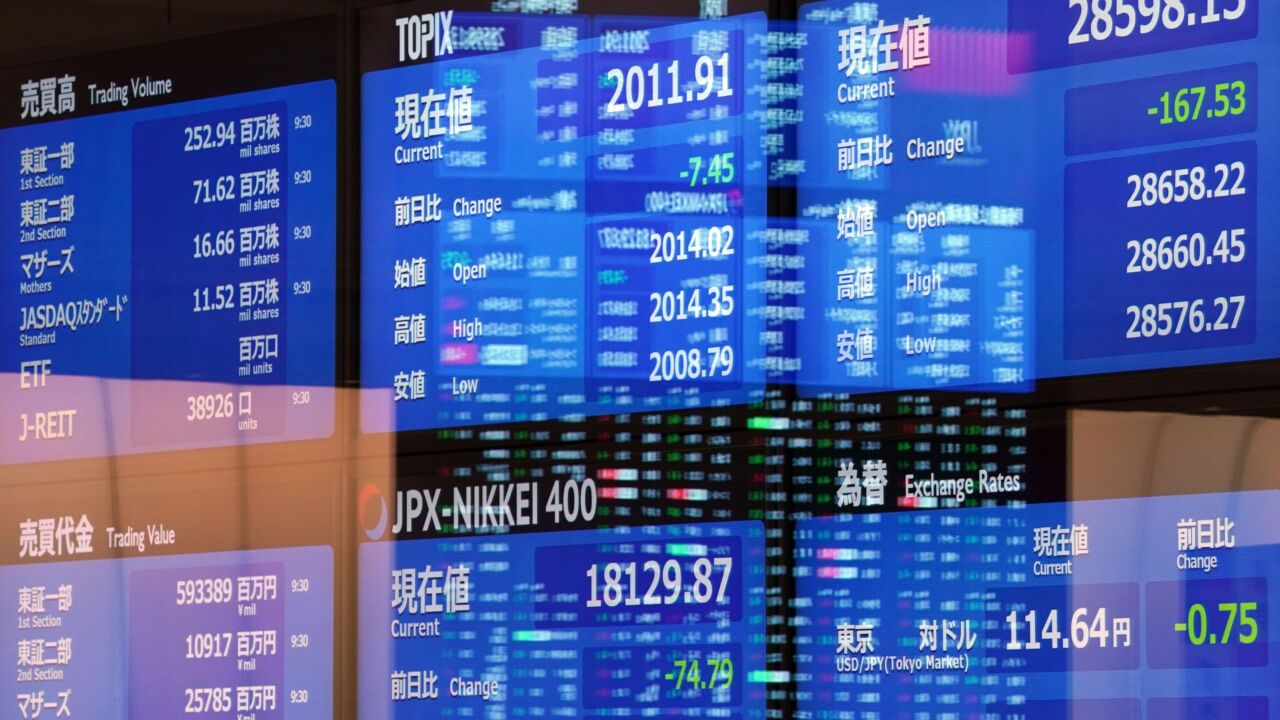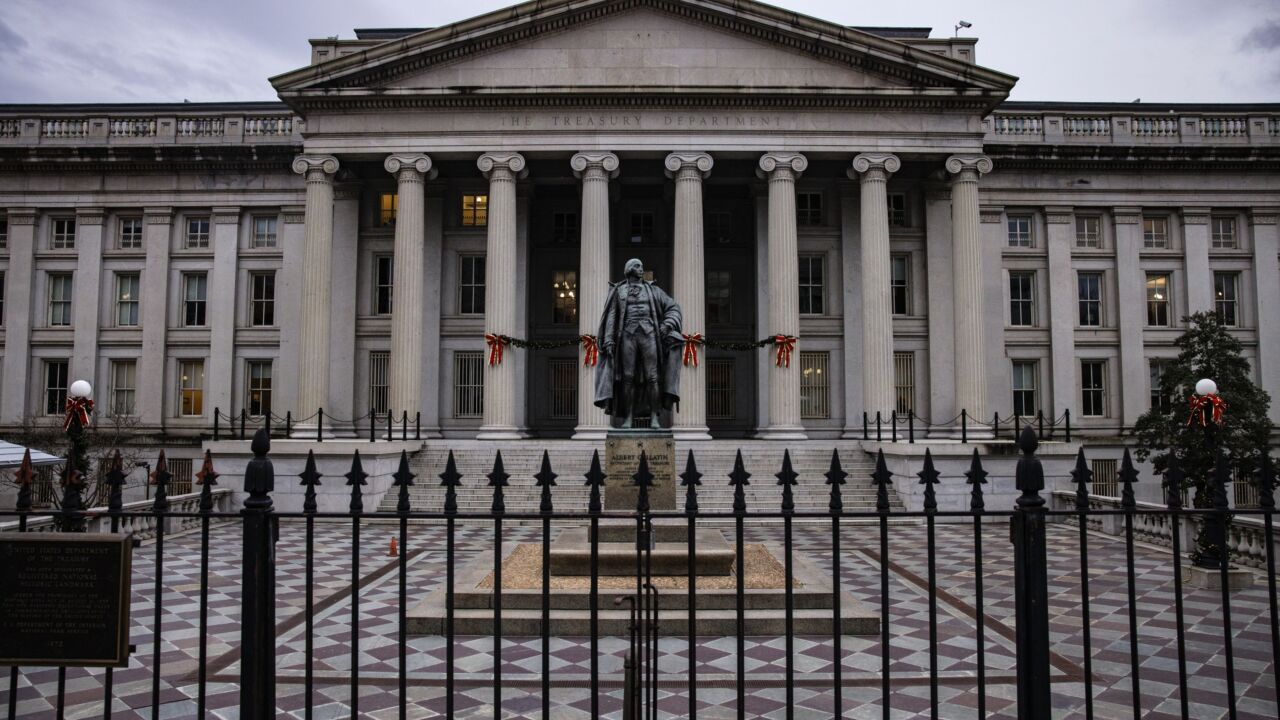-
Over the next three decades it will cost about $100 trillion to meet net-zero emissions goals, not to mention the funds needed to address other environmental and social problems.
June 10 -
It all threatens to add a fresh twist for Treasury investors, who are already grappling with haywire moves and near double-digit losses with few precedents in the modern trading era.
June 9 -
A consensus has formed that the Federal Reserve waited too long to start tightening money. Fed watchers are still disagreeing about another question: Is the central bank tightening too much and too fast now?
June 6 -
US Treasuries extended losses and stock futures remained down as investors considered how a better-than-expected US jobs report might impact the pace of Federal Reserve policy tightening.
June 3 -
Investors are on edge over whether the US central bank’s tighter policies will induce a recession. A chorus of Fed officials has fallen behind calls to keep hiking to counter price pressures.
June 2 -
Concerns that central-bank rate hikes may induce a recession are keeping investors guessing about the outlook for the economy as rising food and energy costs squeeze consumers, and volatility has picked up.
June 1 -
Yields have jumped so much this year, roughly doubling those on 10-year Treasuries, that it recalls past buying opportunities that paid off when the tide turned.
May 24 -
The yield jumped as much as three basis points to 3.11%, extending an advance that has seen the rate more than double this year.
May 9 -
The San Francisco bank is following the lead of other U.S. megabanks by providing shorter-term targets ahead of 2050 climate pledges.
May 5 -
Japanese institutional managers -- known for their legendary U.S. debt buying sprees in recent decades -- are now fueling the great bond selloff just as the Federal Reserve pares its $9 trillion balance sheet.
May 2








